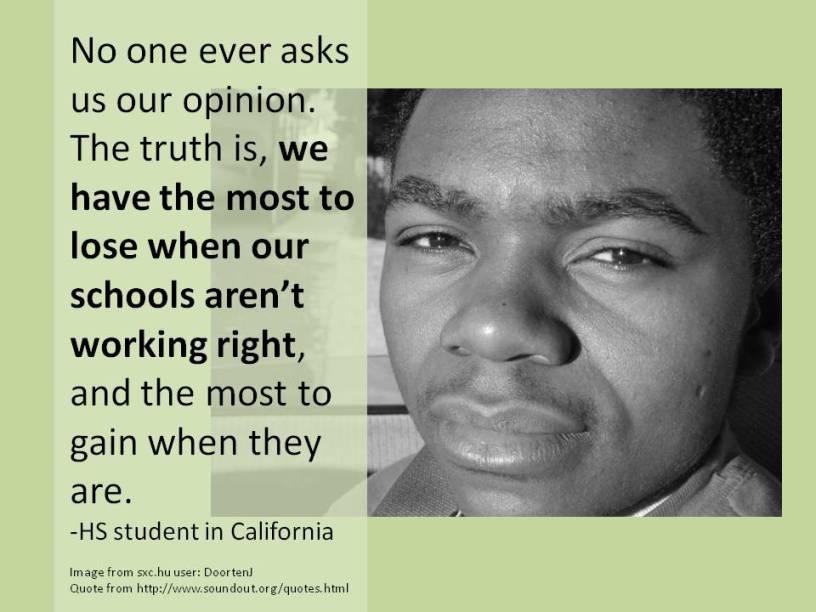Page One/Syllabus
Tecnológico de Monterrey, Campus Guadalajara
Computer Science Department
TC1014 Fundamentals of Programming
January to May, 2017

Course Description
Course intent within the general study plan context
Basic computing course where the objective is to develop in students the logic of structured programming that permits them to solve engineering problems using the computer. It requires previous knowledge in computer handling and basic algorithms. The learning outcome of this course is that the student can design and develop algorithms in order to solve different kinds of problems in science, engineering or multimedia problems.
Course objective
Upon completion of this course, students will be able to apply logic to generate algorithms that provide solutions to engineering problems.
Textbooks
Official Text: “Think Python, How to Think Like a Computer Scientist”, Downey, Allen B. 2012.
Interactive web version of the same book here: http://interactivepython.org/runestone/static/thinkcspy/index.html
Evaluation
I am applying an #AbolishGrading policy in this course. Partial and final grades will be negotiated between each student and the instructor. I will provide more details about how this works but rest assured that you will receive the grade you deserve based on you presenting evidence of knowledge/mastery/learning and collaboration about the content in the course. We will be designing a rubric to guide the grade during the first day of class together as a team.
Office Hours
First: office hours are extremely flexible and important for you the student *and* myself the professor. I am available almost 24/7 but within reason. Read on for more information.
Much more information on the “Contact” page but I choose to include this portion here within the Page One document.
I want to quote what Adam Heidebrink-Bruno writes in an excellent post aimed at teachers improving their syllabus (Page One to us at Tec) which I agree with heartily:
There is no shame or embarrassment in asking for help, although it is common to feel anxious in approaching one’s teacher. To enter my office and ask for help is an act of bravery. To enter and chat about nothing in particular often leads to new insight. Both are valuable. Both show that you trust me. I promise to respect you and earn that trust through compassionate listening and understanding. As a teacher, I know there is a power-relation between us. As best I can, I renounce this position. Think of me as human, imperfect and vulnerable just like you.
I can’t promise to be in my office 24/7 but I also find the standard specific “office hours” to be non-functional. It forces the faculty member to sit in their office at those times and more importantly restricts the options for students.
Learning Evidence
You will create and share a publicly visible blog for this course. You can use an existing blog (with some work to isolate your work in this course from other posts) but it is probably best to create your own blog. More details in assignments. You can also choose to remain anonymous with your blog posts. If having a publicly visible blog is a problem, please talk to me to find another option.
Most of my students love blogging by the end of the semester and some question to point of it all at the beginning. Practicing communication and reflecting on your practice are crucial elements to your learning here at the Tecnológico de Monterrey. Many of my students continue blogging after. I also want you to realize that this is also about you *owning* your own work and content and not just submitting it to some LMS system for grading. Take pride in your work, show off your knowledge and creativity.
I love this quote from Erik Marshall writing about why he asked his students to blog in a post titled “Blogs in class”:
My hope is that they will treat them as a space for their own writing, for experimenting with prose and trying out opinions, and for seeing their own writing as potentially valuable to others. I also hope it will teach them to be accountable in their writing and consider an audience beyond their stodgy professor. Finally, I hope they will take ownership of their new blogs and keep them after the class is over.
This is the purpose of your blog. Be creative and create evidence in any way you like. Write code, write prose, write poems, songs, record videos. The choice is yours. This is your space and you own it, I want you to feel proud of your work. Also, remember that your blog content will be syndicated (pushed) to the course blog so please take care in your choice of language, images and other media. We aim to share about our work but not offend others. We (students and faculty) have all signed a code of ethics here at the Tecnológico de Monterrey and need to keep those points in mind.
This Course is Different than Others
Note that we are using an educational paradigm that is called the “Flipped Classroom” (but very much in Ken’s style) in this course. This will be a change for you in that you are responsible for reviewing any videos, reading of textbooks or other materials requested outside of classroom time. The time inside the classroom is principally dedicated to actively programming or asking questions about programming problems or theory from materials that you or your classmates did not understand.
This means that you need to arrive to the classroom ready to program. I am a big proponent of “pair-progamming” as well as “pair learning” which means I often will ask you to work in pairs at the computers. You should however ensure you have your personal computers setup with the tools we need for the course.
Are you curious about other student’s reactions to this course? You can read my summary of student evaluation comments (the Good, the Bad and the Ugly) on a blog post I wrote about it.

Another blog post filled with videos that you can read to get an idea of how my students of the past view my courses and presented at an international conference in December of 2016 is “Giving Students an Authentic Voice”. I really recommend viewing the videos there.

You can also find many other videos and blogs from previous students located in the #Bonus section of various instances of my classes in the past. I should be creating a catalog of my previous courses (for students and teachers) on the main page of my site http://kenscourses.com
Important Dates
The dates of partial exams and final exams for all courses follow the general academic calendar which can be found at http://www.gda.itesm.mx/escolar
Assignment Details
All assignments are optional but in a special way. Do the ones that you feel are useful to you in order to show your mastery in the course. If you are in doubt, just do all of them but the choice is yours. Despite all assignments being optional, part of your justifying your grade will be showing what work you have done to show your knowledge of the course content. So if you want to be safe and receive a good self-appointed (and negotiated with instructor) grade, then you should do all of the assignments.
Quizzes
I will try to have a weekly quiz which is programming so you will need to have your computer with you to program with at least on those days. You really should bring your computer everyday of class.
Attendance
Participation inside (and outside) class is important to learning. I will take attendance in the course and applying the standard regulations for absences. The only deviation I make from the normal is that I can excuse absences if notified *before* the class that you will be away and why. I am flexible but there are limits on that flexibility.
Course Policies
Have fun, learn, share with others and help others learn.
“Sign” here
Post a Tweet from your own Twitter account linking to this document and stating “I agree to our #TC1014 Page One”.
![]() Page One by Bauer Ken is licensed under a Creative Commons Attribution-ShareAlike 4.0 International License.
Page One by Bauer Ken is licensed under a Creative Commons Attribution-ShareAlike 4.0 International License.
